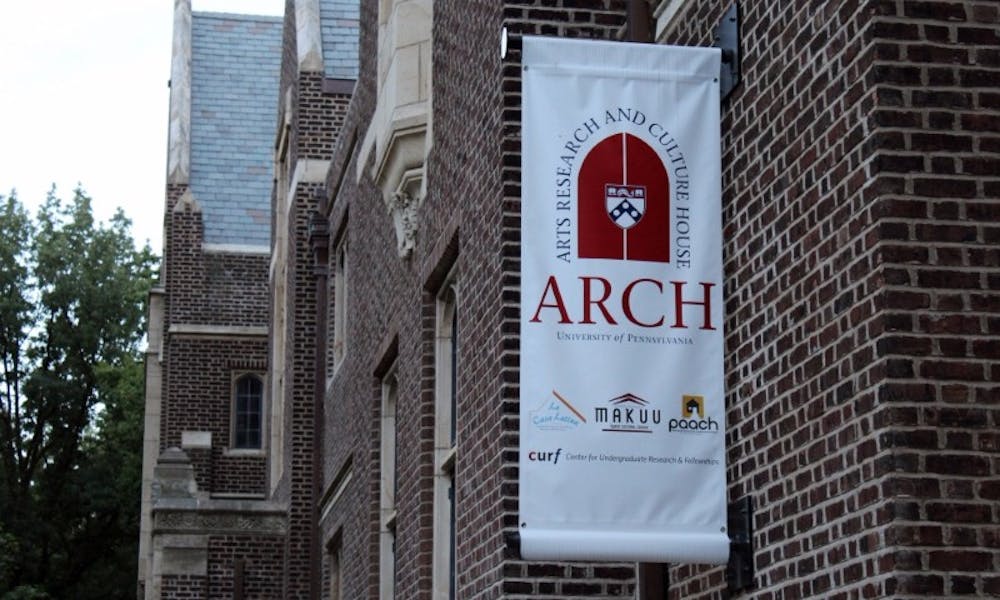Students and faculty discuss white privilege in a wide variety of settings on Penn’s campus, from seminars to protests. But few have talked about, or even heard of, the concept of Asian privilege.
Students participated in an open discussion at the Pan-Asian American Community House Monday night entitled “Does Asian Privilege Exist?” College freshman Queenie Lam and College junior Danielle Pi facilitated this week’s discussion, which comes after the Asian Pacific Student Coalition's failure to be guaranteed a seat on the University Council shined a light on issues Asian students face on campus. Participants talked about the definition of privilege, then recognized their own privileges — able-bodiedness, sexual orientation, speaking English and even being a Penn student — before launching into the discussion.
Students disagreed about the existence of Asian privilege. Some argued that Asians are not a privileged group because they often do not have to consider their racial identity and Asian-American issues if they don’t chose to, a privilege not afforded to some other racial groups. Others argued that some Asian ethnic groups are not as privileged as others; for example, Cambodian immigrants often have lower socioeconomic status than those who are part of other ethnic groups.
“[Asian privilege] is pitting minorities against each other, so [it’s] turning our focus away from white supremacy and white privilege,” Lam said, arguing that Asian privilege does not exist. “That’s what’s preventing minorities from standing up together and having solidarity.”
Wharton senior Tanya Jain disagreed, citing how Asians are privileged in comparison to other ethnic groups.
“I definitely think Asian privilege exists,” she said. “Asians assume the benefits of not being black, but also the burdens of not being white. ... Inherently, the way a lot of us look — a.k.a. not black — lends us a sense of privilege. It’s not that we’re the most hardworking, it’s that we’re not going to be targeted when we step out the door.”
The event was the fifth in a sequence of conversations called The Solidarity Series, started this semester by Jain and College and Wharton junior Will Wang. Previous events have focused on topics such as misogyny and anti-blackness in the Asian Pacific American community. Wang and Jain hope to expand the discussion series to involve Makuu and La Casa Latina. Part of their goal is to unite the minority population at Penn, which they say is currently separated.
“In my experience, the Chinese Student Association and also PAACH [have] been a little self-segregating,” Pi said. “But I think breaking that barrier first, within the community, and then reaching out, having more collaborative events, is really fruitful.”
Pi called for larger cultural spaces so that different groups can collaborate more easily.
“It feels like we want to do bigger things,” she said, “but that’s just not possible given the physical constraints of the space.”
Jain said racial self segregation is common at Penn. In her experience, students get filtered into homogenous groups and only hear opinions from people with similar perspectives.
“Your exposure to other cultures just gets thrown out the window,” she said. “I think [our series is] important because at the fundamental level, we need to understand that we need to empathize with other communities in order to raise all minorities together. One way of doing that is through discussion.”









